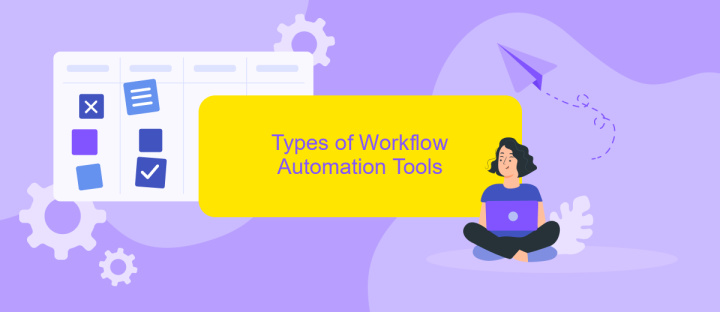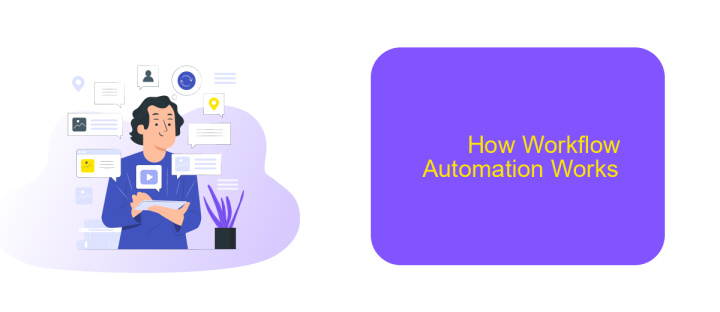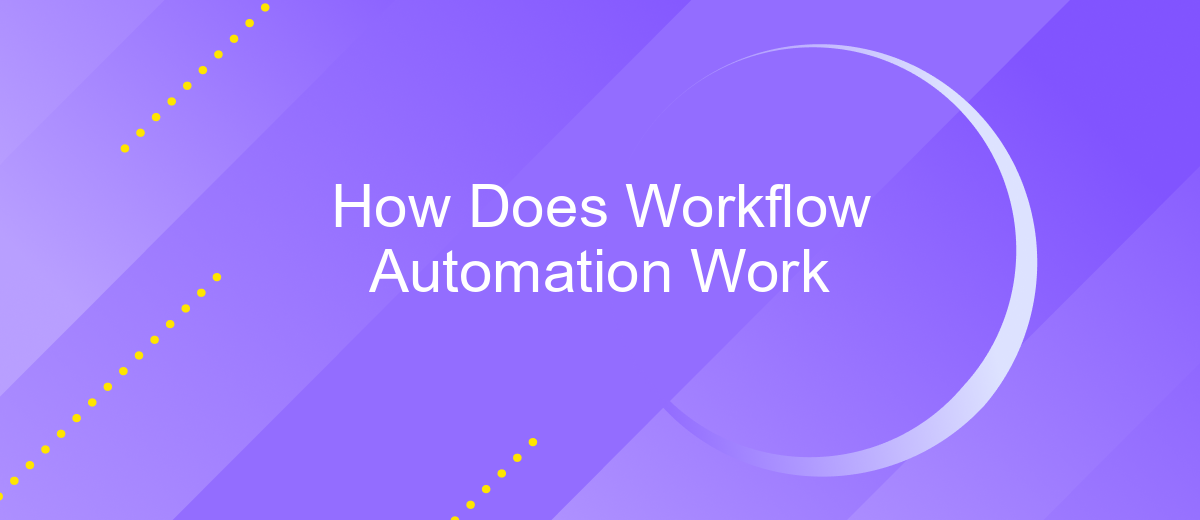How Does Workflow Automation Work
Workflow automation streamlines business processes by using technology to perform tasks without human intervention. This reduces manual effort, minimizes errors, and enhances efficiency. By automating repetitive tasks, organizations can focus on more strategic activities, leading to increased productivity and improved outcomes. In this article, we'll explore how workflow automation works and the benefits it brings to modern businesses.
Introduction
Workflow automation has become a cornerstone for modern businesses aiming to streamline operations and enhance productivity. By automating repetitive tasks, organizations can save time, reduce human error, and allow employees to focus on more strategic activities. This introduction explores the fundamental concepts behind workflow automation and its transformative impact on business processes.
- Reduction of manual tasks
- Improved accuracy and consistency
- Enhanced productivity
- Better resource management
One of the key elements in successful workflow automation is the integration of various tools and services. Platforms like ApiX-Drive make it easy to connect different applications and automate data flow between them. By leveraging such services, businesses can achieve seamless integration and ensure that their automated workflows are both efficient and effective. This not only simplifies complex processes but also provides a scalable solution for growing enterprises.
Benefits of Workflow Automation

Workflow automation streamlines repetitive tasks, reducing the need for manual intervention and significantly minimizing human error. By automating routine processes, businesses can enhance their efficiency and productivity, allowing employees to focus on more strategic activities. This not only saves time but also reduces operational costs, leading to a more profitable and competitive organization.
Moreover, workflow automation facilitates better integration between different systems and applications. Tools like ApiX-Drive enable seamless data transfer and synchronization across various platforms, ensuring that all business processes are interconnected and functioning smoothly. This improved integration enhances data accuracy and consistency, leading to more informed decision-making and improved overall performance. By leveraging workflow automation, companies can achieve higher levels of efficiency, accuracy, and adaptability in an ever-evolving business environment.
Types of Workflow Automation Tools

Workflow automation tools come in various forms, each designed to streamline different types of tasks and processes. These tools help organizations save time, reduce errors, and improve overall efficiency by automating repetitive tasks and integrating various systems.
- Task Automation Tools: These tools automate individual tasks within a workflow, such as sending emails, generating reports, or updating databases. Examples include Zapier and Microsoft Power Automate.
- Process Automation Tools: These tools focus on automating entire processes, from start to finish. They are ideal for complex workflows that involve multiple steps and departments. Examples include Nintex and Kissflow.
- Integration Tools: These tools help connect various software applications and services, ensuring seamless data flow between them. ApiX-Drive is a notable example, enabling users to set up integrations without any coding knowledge.
- Robotic Process Automation (RPA): These tools use software robots to mimic human actions and automate high-volume, repetitive tasks. Examples include UiPath and Automation Anywhere.
Choosing the right workflow automation tool depends on the specific needs of your organization. Whether you need to automate simple tasks or complex processes, there are tools available to help you achieve your goals efficiently.
How Workflow Automation Works

Workflow automation simplifies and streamlines business processes by using technology to perform repetitive tasks without human intervention. This not only saves time but also reduces errors and increases efficiency. By automating workflows, businesses can focus on more strategic activities and improve overall productivity.
To implement workflow automation, companies often use specialized software that integrates with their existing systems. These tools can be configured to trigger specific actions based on predefined rules and conditions. For instance, an email notification can be sent automatically when a new lead is added to the CRM system.
- Identify repetitive tasks that can be automated.
- Select a suitable automation tool, such as ApiX-Drive.
- Configure the tool to integrate with your existing systems.
- Set up rules and conditions for triggering automated actions.
- Monitor and optimize the automated workflows regularly.
Using services like ApiX-Drive, businesses can easily set up integrations between various applications without the need for extensive coding knowledge. This allows for seamless data transfer and process automation, helping companies to operate more efficiently and effectively.
Implementation and Maintenance
Implementing workflow automation begins with identifying repetitive tasks and processes that can be streamlined. The next step involves selecting the right tools and platforms that suit your business needs. For instance, ApiX-Drive is an excellent service for setting up integrations between various applications, ensuring smooth data flow and reducing manual effort. Once the tools are chosen, configure the workflows by setting triggers, actions, and conditions that automate the desired tasks. Testing is crucial to ensure that the automation works as intended without any errors.
Maintenance of workflow automation involves regular monitoring and updates. As business processes evolve, the automated workflows must be adjusted to remain effective. It's essential to periodically review the performance and make necessary adjustments to handle any changes in the system or external integrations. Services like ApiX-Drive provide insights and analytics that help in understanding the efficiency of the workflows, enabling timely optimizations. Additionally, keeping the automation tools and software up-to-date with the latest features and security patches is vital for seamless operation.
FAQ
What is workflow automation?
How does workflow automation work?
What are the benefits of workflow automation?
Can I integrate different software applications with workflow automation?
Is workflow automation suitable for small businesses?
Time is the most valuable resource in today's business realities. By eliminating the routine from work processes, you will get more opportunities to implement the most daring plans and ideas. Choose – you can continue to waste time, money and nerves on inefficient solutions, or you can use ApiX-Drive, automating work processes and achieving results with minimal investment of money, effort and human resources.

